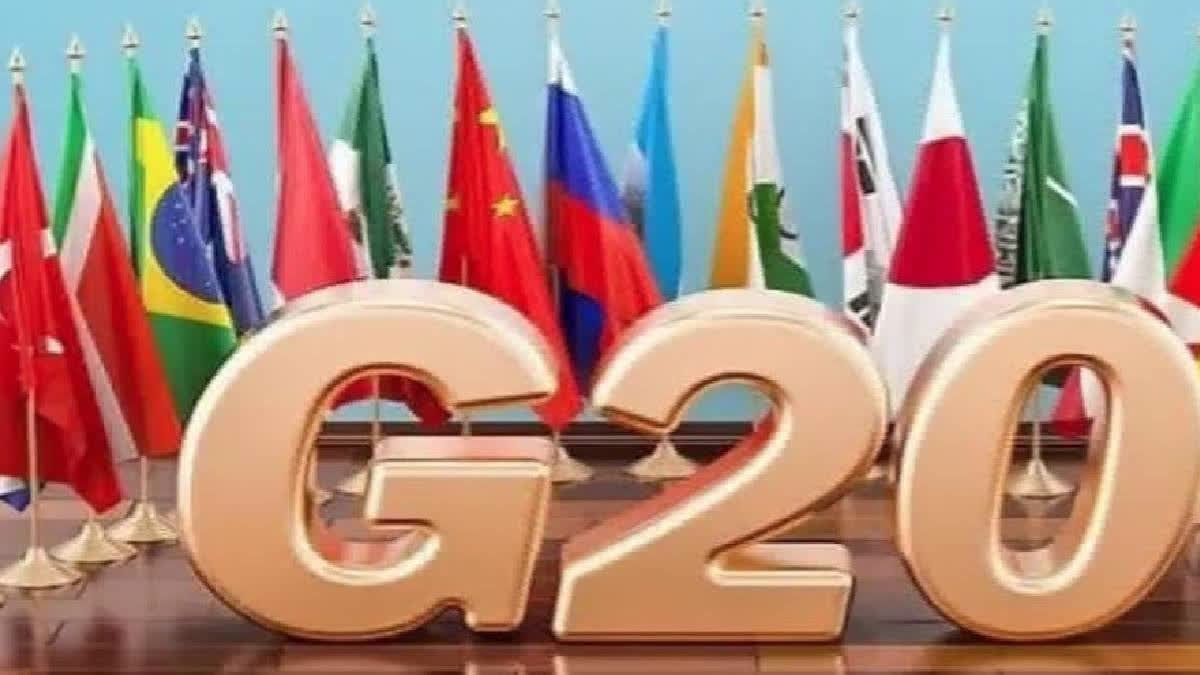New Delhi: The newly announced India-Middle East-Europe Economic Corridor (IMEC) will not be an alternative or a challenger to China’s Belt and Road Initiative (BRI) but will be a good competitor to Chinese President Xi Jinping’s pet global infrastructure development strategy, according to a former diplomat.
“The IMEC does not have to challenge BRI, because the BRI has its own challenges which it has to overcome,” Anil Trigunayat, who has served in the Indian missions in Bangladesh, Mongolia, the US, Russia, Sweden, Nigeria, Libya and Jordan, told ETV Bharat.
Speaking on the sidelines of a seminar on 'Current Trends in International Security and Foreign Policy' organised by the Usanas Foundation think tank here, Trigunayat said that though the BRI has already moved into a large number of countries, some countries are already pulling out of it and cited Italy as an example.
On the margins of the G20 Summit held in New Delhi on September 9-10, Prime Minister Narendra Modi and US President Joe Biden co-chaired a special event on the Partnership for Global Infrastructure and Investment (PGII) and India-Middle East-Europe Economic Corridor (IMEC).
The event aimed at unlocking greater investment for infrastructure development and strengthening connectivity in its various dimensions between India, West Asia and Europe. Leaders of the European Union (EU), France, Germany, Italy, Mauritius, the United Arab Emirates (UAE) and Saudi Arabia, as also the World Bank, participated in the event.
The IMEC comprises an Eastern Corridor connecting India to the Gulf region and a Northern Corridor connecting the Gulf region to Europe. It will include a railway and ship-rail transit network and road transport routes.
In his remarks, Modi highlighted the importance of physical, digital and financial connectivity. He said that IMEC would help promote economic integration between India and Europe. A memorandum of understanding (MoU) on IMEC was signed by India, the US, Saudi Arabia, the UAE, the EU, Italy, France and Germany.
Observers believe that the IMEC may prove to be a challenger to the BRI, a global infrastructure development strategy adopted by the Chinese government in 2013 to invest in more than 150 countries and international organisations. It is considered a centrepiece of the Chinese President Xi’s foreign policy. It forms a central component of Xi’s “Major Country Diplomacy”, which calls for China to assume a greater leadership role in global affairs in accordance with its rising power and status.
